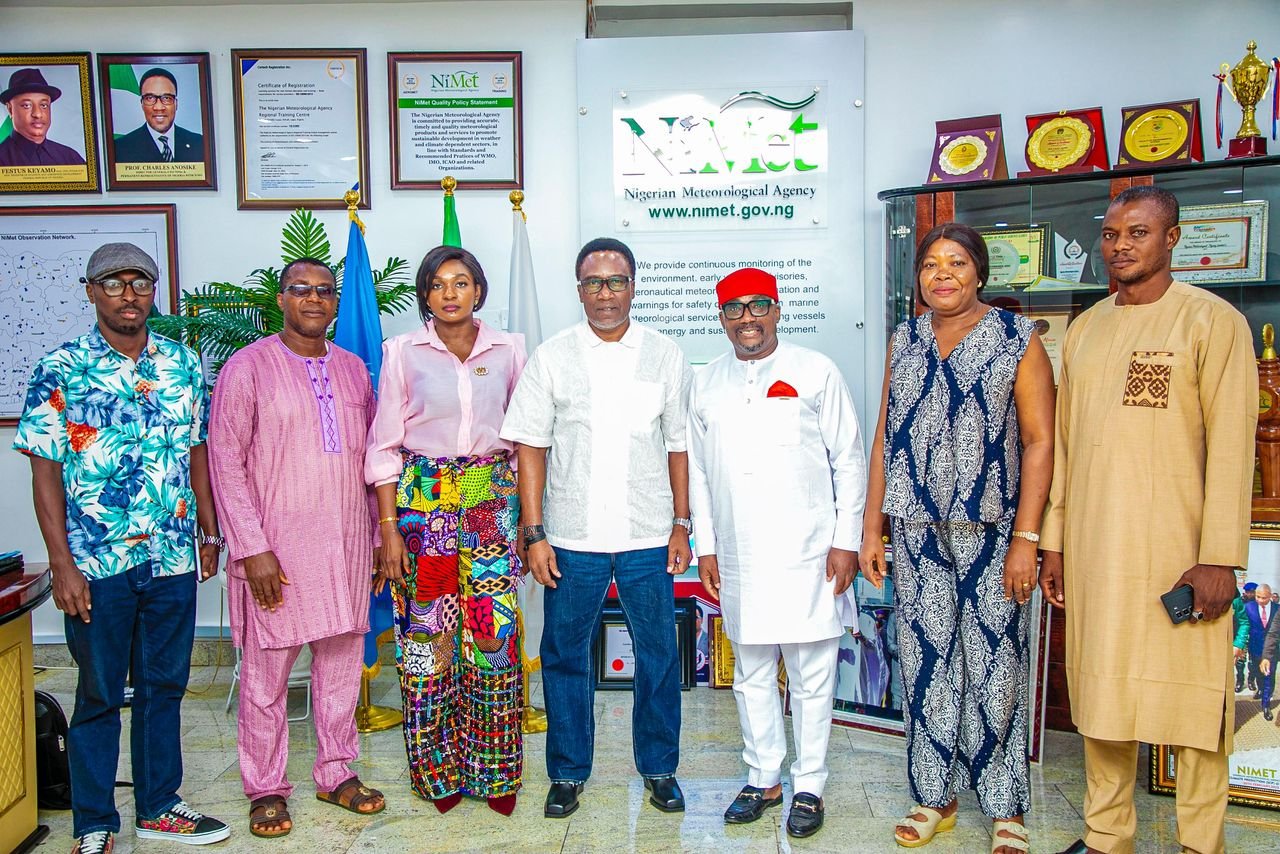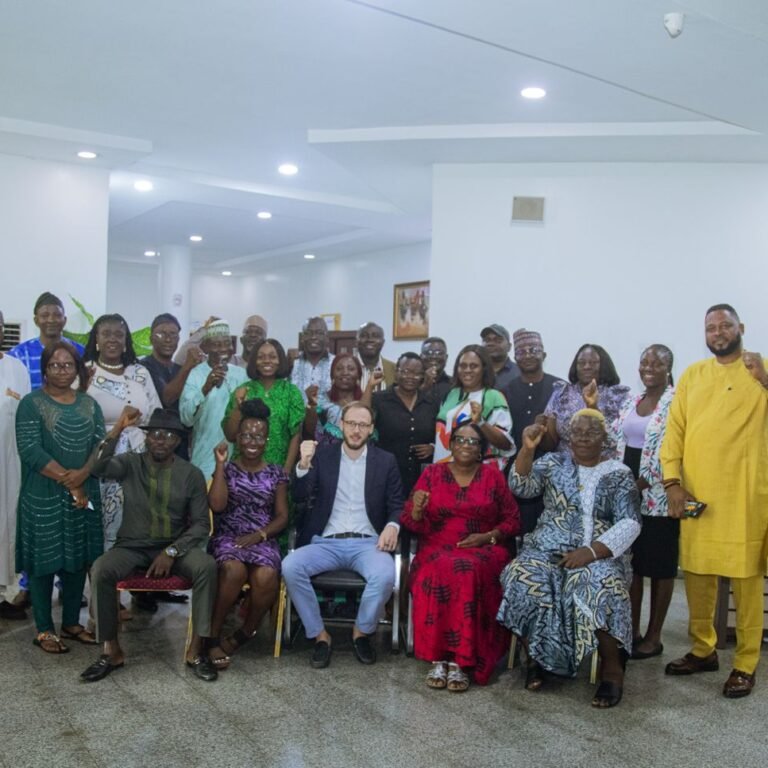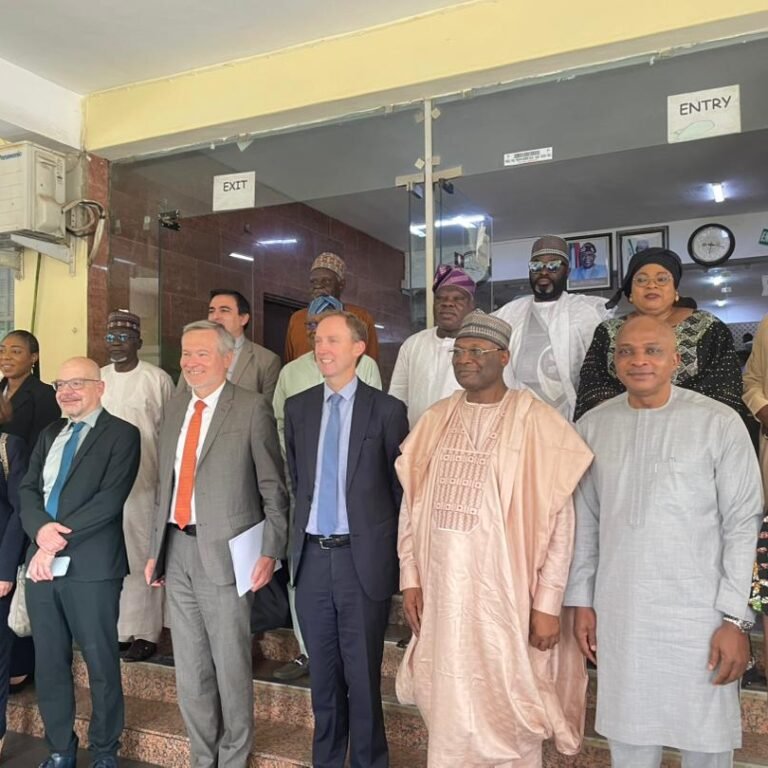
By Ameh Gabriel
Abuja | June 27, 2025 – In a proactive move to address the escalating threats of climate change on water resources and agricultural systems, the Nigerian Meteorological Agency (NiMet) and the Anambra-Imo River Basin Development Authority (AIRBDA) have agreed to deepen collaboration in the areas of climate services, hydrology, and integrated water resource management.
Speaking during a courtesy visit by AIRBDA’s Managing Director/Chief Executive Officer, Rt. Hon. Emeka Nduka, to NiMet headquarters in Abuja, the Director General/CEO of NiMet, Professor Charles Anosike, emphasized the urgent need for synergy between meteorological services and river basin management to confront the challenges posed by shifting weather patterns.
“Climate change is already altering rainfall distribution and temperature regimes, which in turn affect the hydrology of our river basins,” Prof. Anosike said.
“These changes are increasing the frequency and severity of floods and droughts putting food systems, critical infrastructure, and livelihoods at risk.”
He highlighted the indispensable role of meteorological data in water resource planning, particularly through NiMet’s Seasonal Climate Prediction (SCP), which offers reliable forecasts to aid decision-making in agriculture, disaster risk reduction, and dam management.
“NiMet’s SCP remains a powerful early warning tool. Enhanced cooperation with AIRBDA will enable us to provide tailored climate information that supports resilience in irrigation and water distribution,” he added.
In response, Rt. Hon. Emeka Nduka thanked NiMet for its leadership in climate intelligence and reaffirmed AIRBDA’s commitment to integrating meteorological data into its operational planning. He noted that changing climatic conditions demand a more coordinated approach between agencies responsible for water and environmental management.
“NiMet’s forecasts are essential to our irrigation programmes and the operation of our dams. As we adapt to climate change, deeper technical cooperation with NiMet is not just desirable it is critical,” Nduka said.
The visit concluded with both agencies agreeing to finalize a Memorandum of Understanding (MoU) that will formalize their partnership. The MoU will focus on data sharing, joint research, technical capacity building, and the development of early warning systems to mitigate the effects of climate extremes across the southeastern river basin region.
The proposed partnership aims to improve food security, safeguard infrastructure, and promote sustainable development by ensuring that climate-smart policies and water management practices are effectively implemented at the grassroots level.







